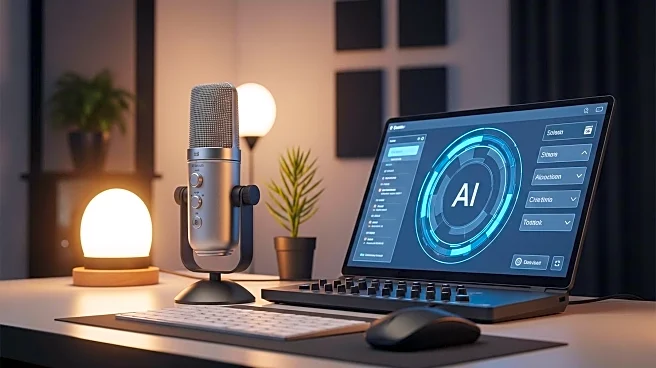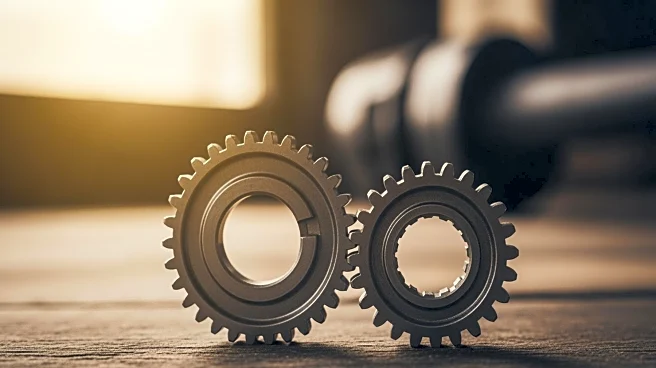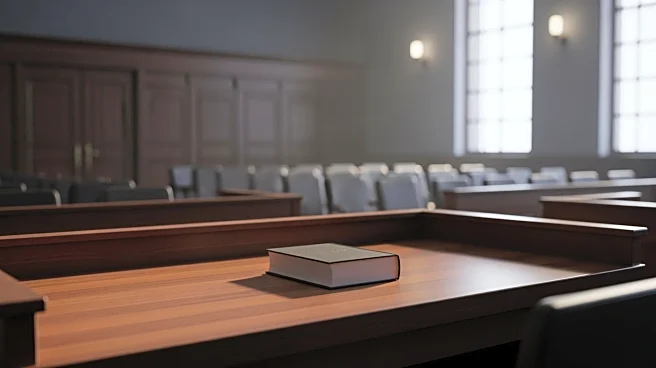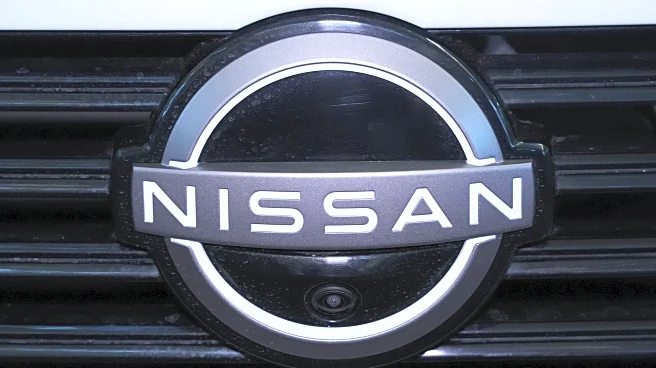What's Happening?
YouTube Music Chief Lyor Cohen and rapper Jidenna have expressed strong support for the integration of artificial intelligence (AI) in music creation. During a recent event, Cohen highlighted the artistic potential of AI-generated content, referencing the Wu-Tang Clan's latest music video created using Google's AI video generator, Veo 2. Jidenna, known for his Grammy-nominated track 'Classic Man,' discussed his transition from a major-label artist to an independent creator utilizing AI technology. He drew parallels between the rise of hip-hop and AI, emphasizing the empowerment of marginalized groups through technological tools. Both Cohen and Jidenna acknowledged the challenges posed by AI, such as copyright issues and the rapid pace of technological advancement, but advocated for embracing these changes.
Why It's Important?
The endorsement of AI by influential figures like Cohen and Jidenna signifies a shift in the music industry towards embracing technology as a creative partner. This development could democratize music production, allowing more artists to create and distribute content without traditional barriers. However, it also raises concerns about intellectual property rights and the ethical use of AI in art. The conversation reflects broader industry trends where technology is reshaping creative processes, potentially leading to new business models and revenue streams. Stakeholders in the music industry, including artists, labels, and tech companies, stand to gain from these innovations, but must navigate the legal and ethical complexities that accompany them.
What's Next?
As AI continues to evolve, the music industry may see increased collaboration between artists and technology companies to develop new tools and platforms. Legal frameworks will need to adapt to address issues such as consent and compensation for artists whose work is used to train AI models. The ongoing dialogue between tech leaders and creatives will be crucial in shaping the future of AI in music. Industry stakeholders may also explore partnerships to ensure that AI-generated content is both innovative and respectful of artists' rights.
Beyond the Headlines
The integration of AI in music creation could lead to a cultural shift in how art is perceived and valued. As AI tools become more sophisticated, the definition of creativity and originality may evolve, challenging traditional notions of authorship. This could influence not only the music industry but also other creative fields, prompting discussions about the role of technology in human expression. The ethical implications of AI-generated art, including issues of authenticity and representation, will likely become more prominent as the technology becomes more widespread.










